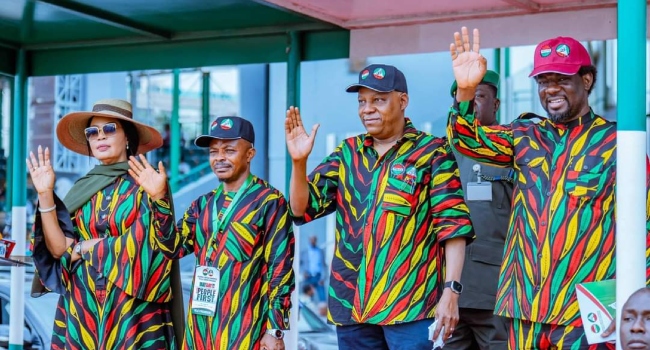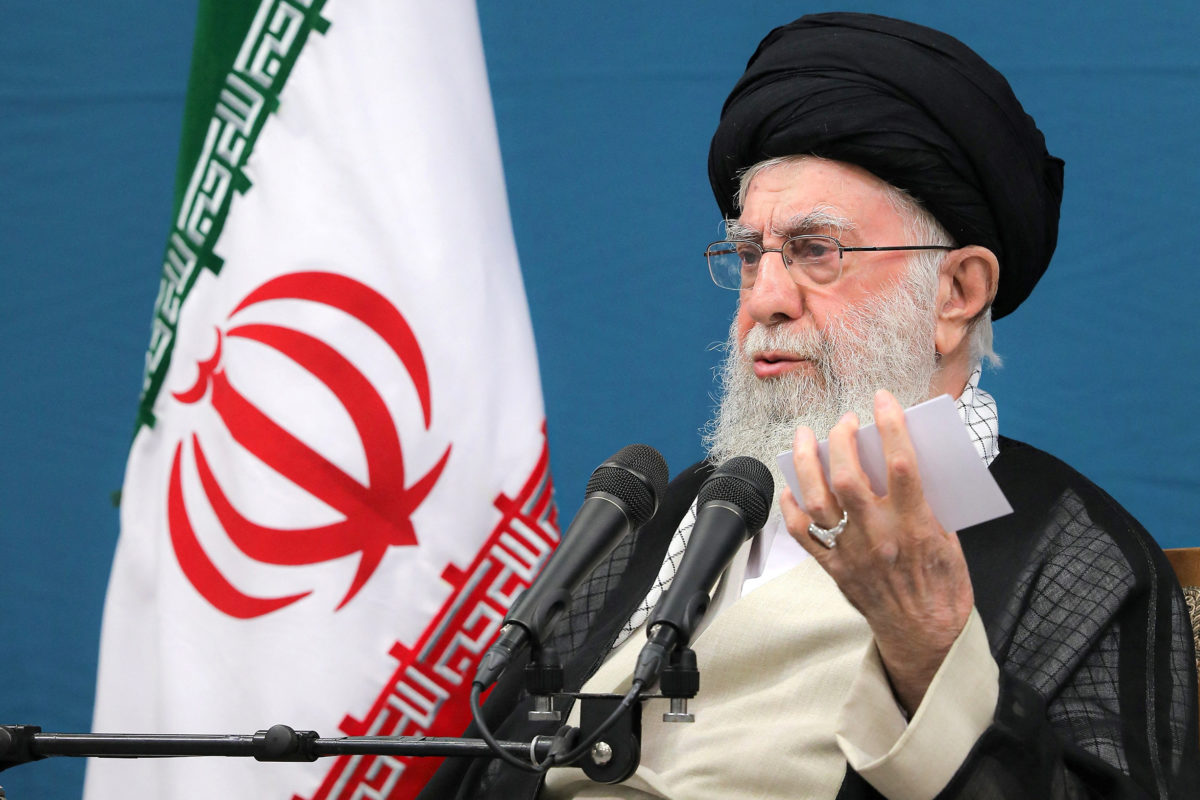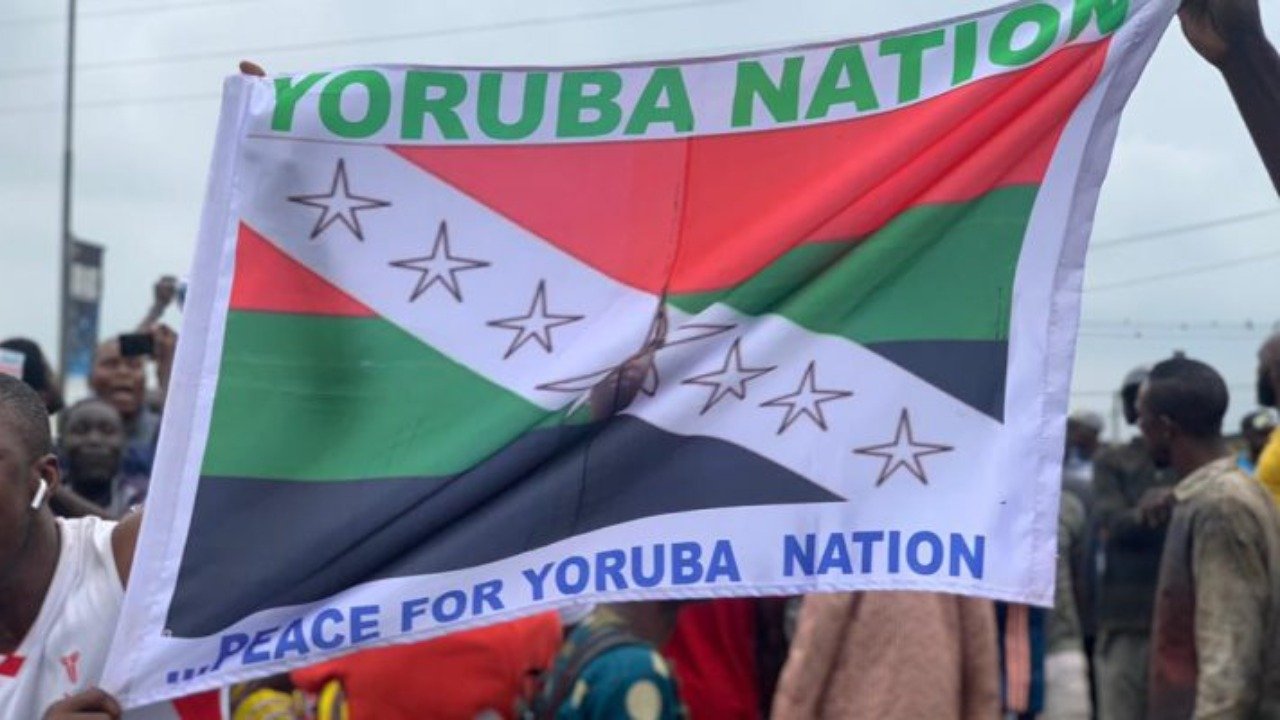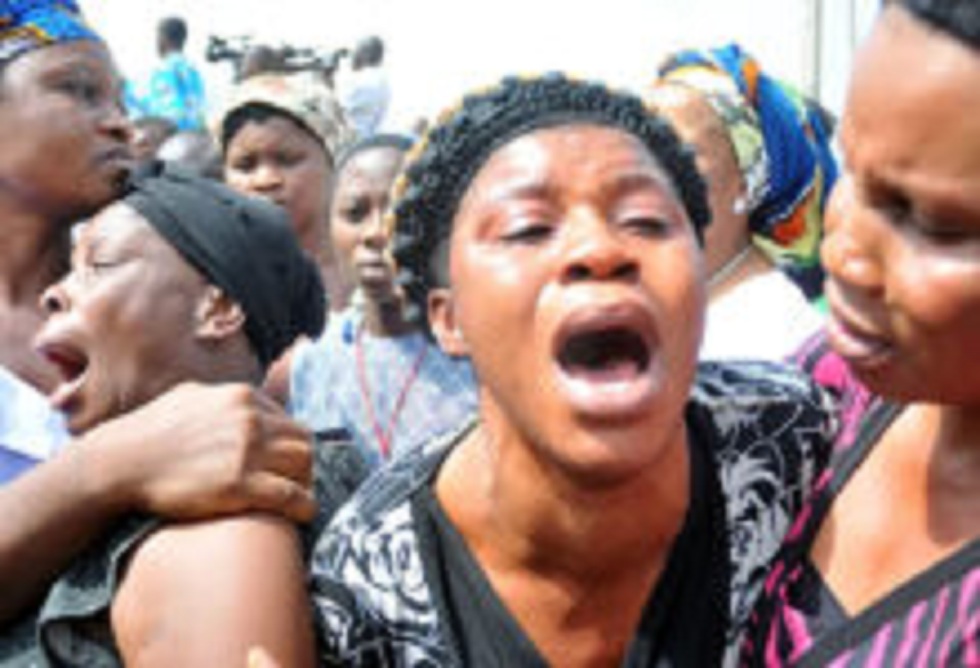By Kayode Emola
This week, I was going to respond to the supposed threat sent out by the Fulani foot soldiers for the supposed beginning of their Jihad against the indigenous people of Nigeria. However, with yesterday’s early morning strikes in Iran by the firepower of the USA and Israeli government, I believe we need to evaluate events far away from our Yoruba shores.
Ayatollah Khamenei took the reins of power as the supreme leader of Iran in 1989 when his mentor Ruhollah Khomeini died of heart attack. Following his emergence as the supreme leader, his number one goal was the destruction of the state of Israel and the United States. One which he did not hide both in the Arab world and in the Western circles with the constant threat of uranium enrichment.
This made him enemy number one for the Jewish State that was constantly under the fear of an Iranian nuclear annihilation. Israel Prime Minister Benjamin Netanyahu made it his lifelong ambition to ensure the decapitation of the Iranian regime by any means necessary. The Hamas attack on Oct 7, 2023, gave the Israeli government perfect opportunity to not only go for the Hamas leadership, but to also confront all the Iranian proxies in the region.
If there’s anything to learn from the Israeli’s approach, it is the fact that since the October 2023 attack, they have not shied away from going after all their enemies. One after the other, the Israeli’s took out all the commanders of Hamas, Hezbollah and now the very top hierarchy of the Iranian regime.
The death of the Iran supreme leader will not only be a morale boost for the Israeli government. It will consolidate Israel’s dominance in the region for the foreseeable future. Thus, Israeli will hope to live in peace with its Arab neighbours for many years to come.
The death of Ayatollah Khamenei will not mean that the job is finished both for the Israeli government and its US ally. It can either be the journey to peace or the beginning of a long walk to an everlasting conflict with Iran if the regime is not finally taken out.
With the decapitation of the Iranian regime, I believe anyone stepping forward to replace the late Ayatollah will have a lot to do to keep Iran as one without further military strike from the US. Anything short of regime change will lead to more destruction and destabilisation of the region if not half of the entire world population.
The Yoruba nation struggle must now get our act together in taking a decisive decision about our exit from Nigeria. For some time now, we have been ruminating on how to proceed with our Yoruba nation struggle in the face of constant threat by the Fulani militia on innocent civilians and villagers in our towns and villages.
The time has come for us to be decisive in calling the bluff of the Nigerian government and show the world that we are ready for the emergence of our new nation. The Israeli saw a window of opportunity, and they did not waste time to take it. The result was a resounding victory against the oppressive regime that has ruled Iran for nearly five decades.
If we continue to dilly dally and think for once that the international powers will grant us our Yoruba nation on a platter of gold, then we are very mistaken. This period is not the 1950s nor is it the 1960s when African nations were ruthless in the pursuit of their independence from their colonial masters.
This era is a different kettle of fish as our colonial masters are now our own brothers and sisters who seek public office not for the benefit of the people but for their own enrichment. The time has come for every Yoruba person to be ready to defend their towns and villages in the event of a Fulani onslaught. We must seize the opportunity to affirm our right to self-determination and call on the nations of the world to recognise our sovereignty.
I beseech all my brethren to be watchful and vigilant for when the time comes for us to go all out for our victory march. We must not be cowed by fear, but rather, have the courage of our forbears who were never defeated by the Fulani military to take our country out of this crooked Nigeria.


 Headline5 days ago
Headline5 days ago
 Headline6 days ago
Headline6 days ago
 Featured5 days ago
Featured5 days ago
 Featured5 days ago
Featured5 days ago
 National5 days ago
National5 days ago
 Featured3 days ago
Featured3 days ago
 National6 days ago
National6 days ago
 News3 days ago
News3 days ago













